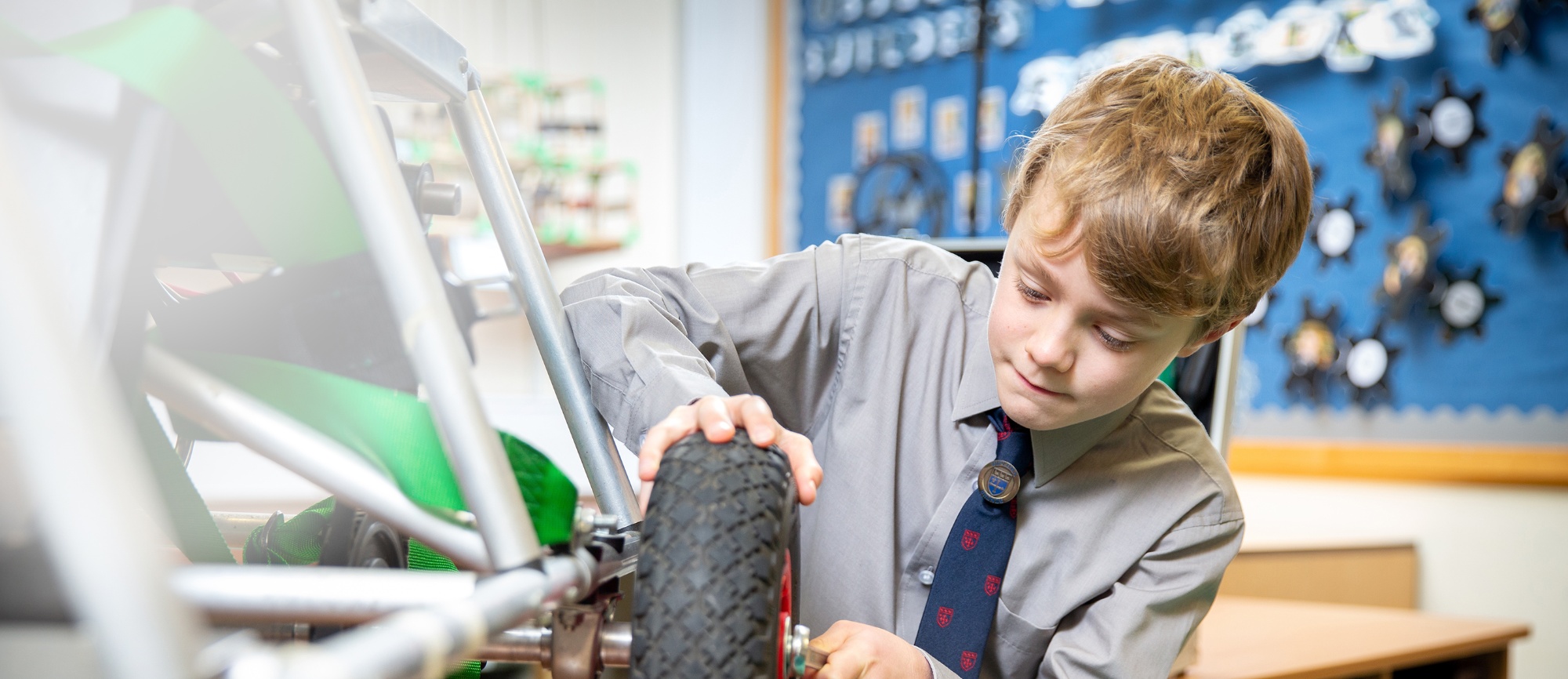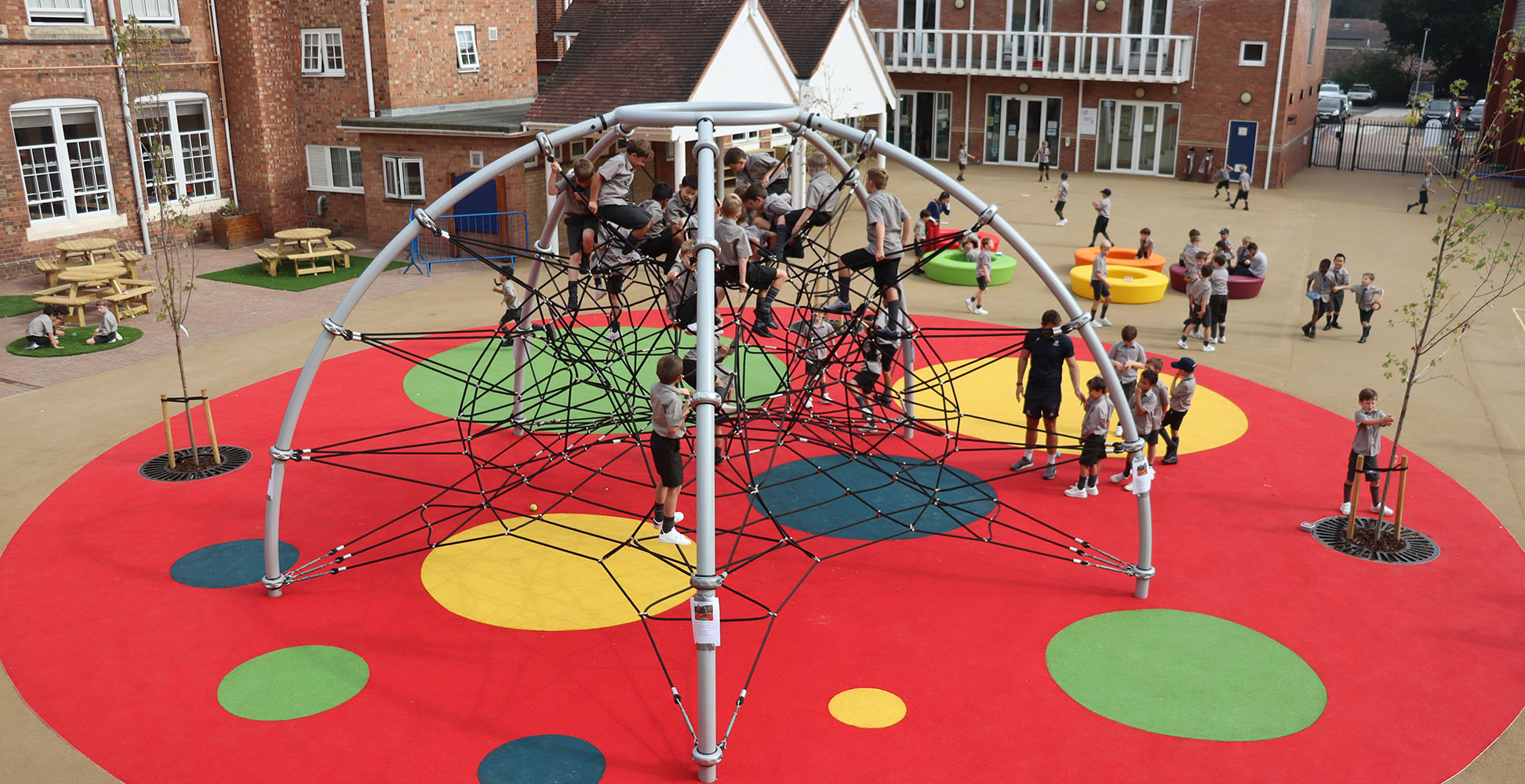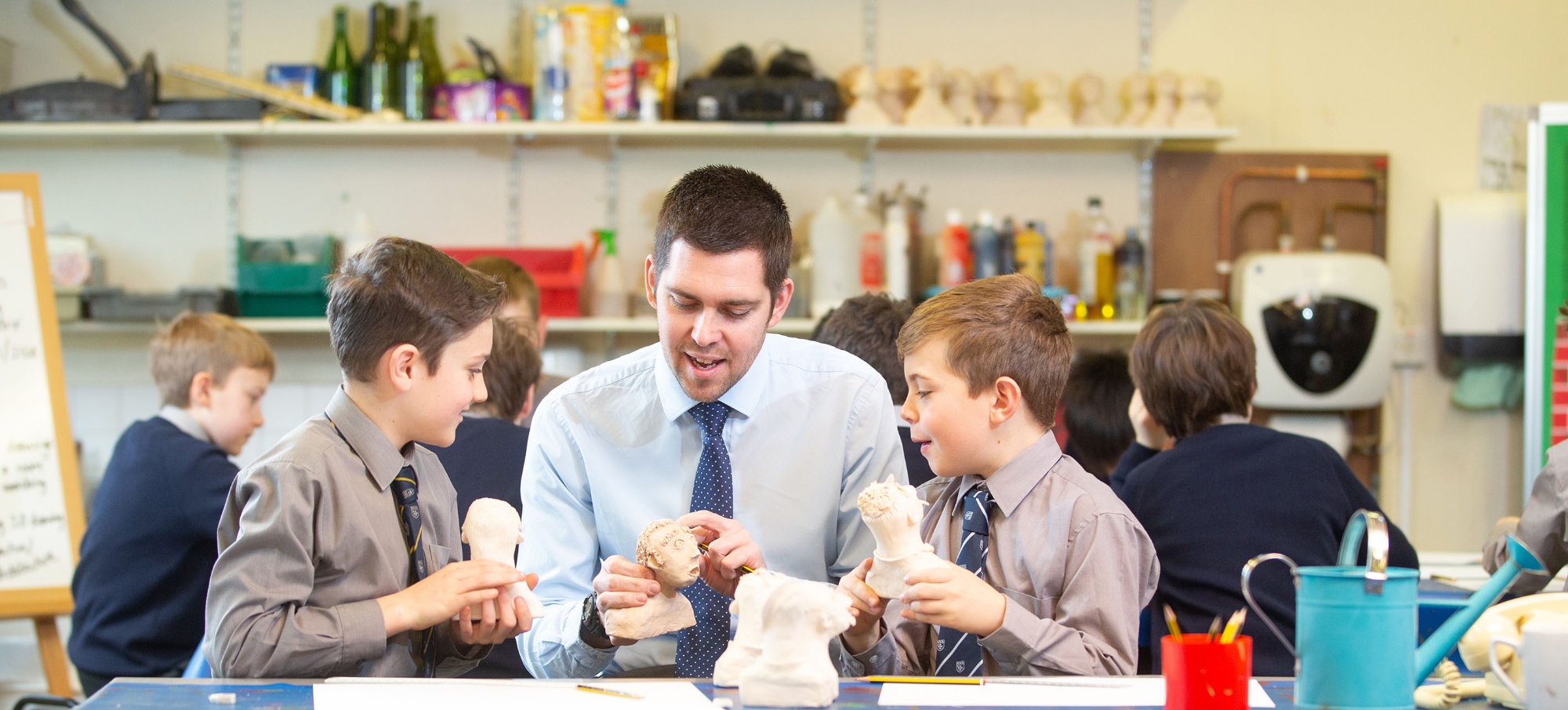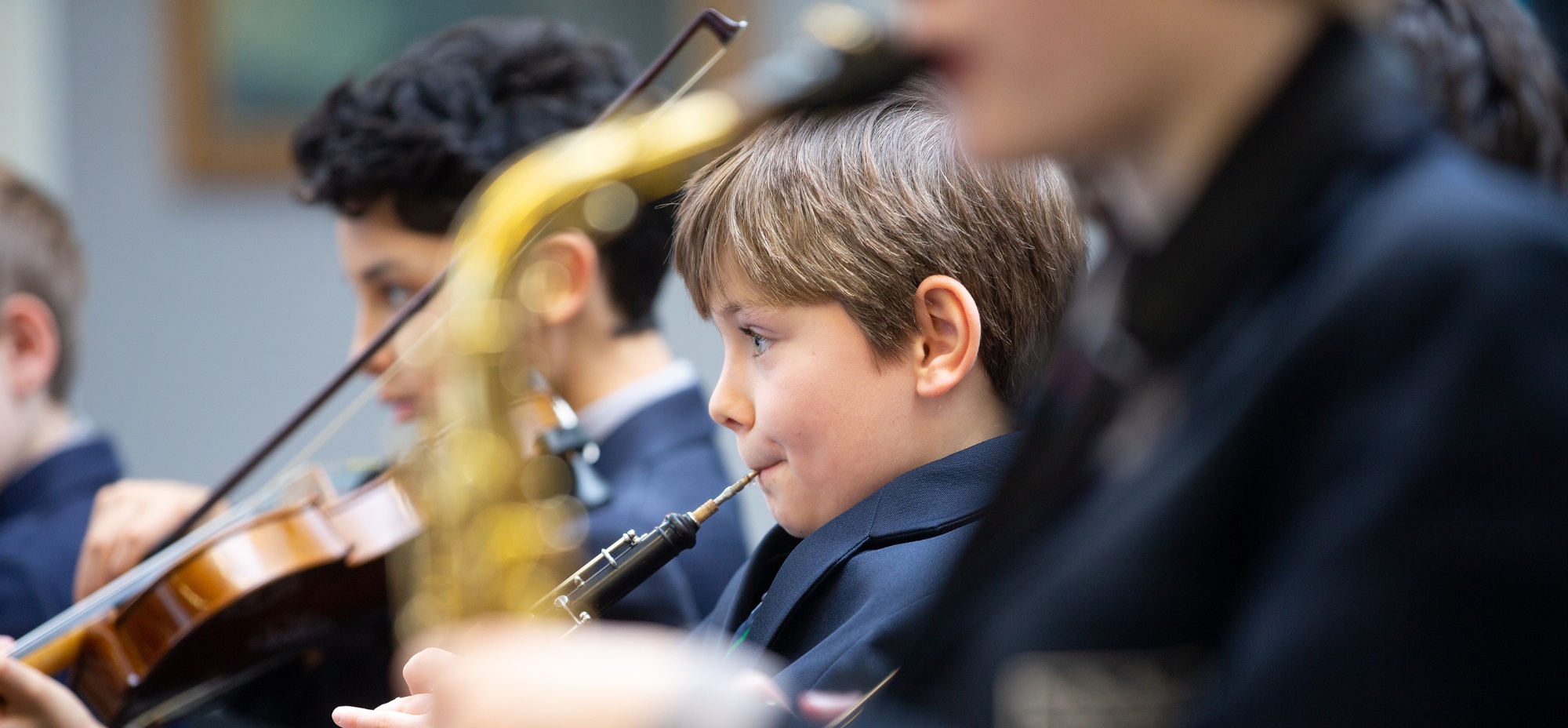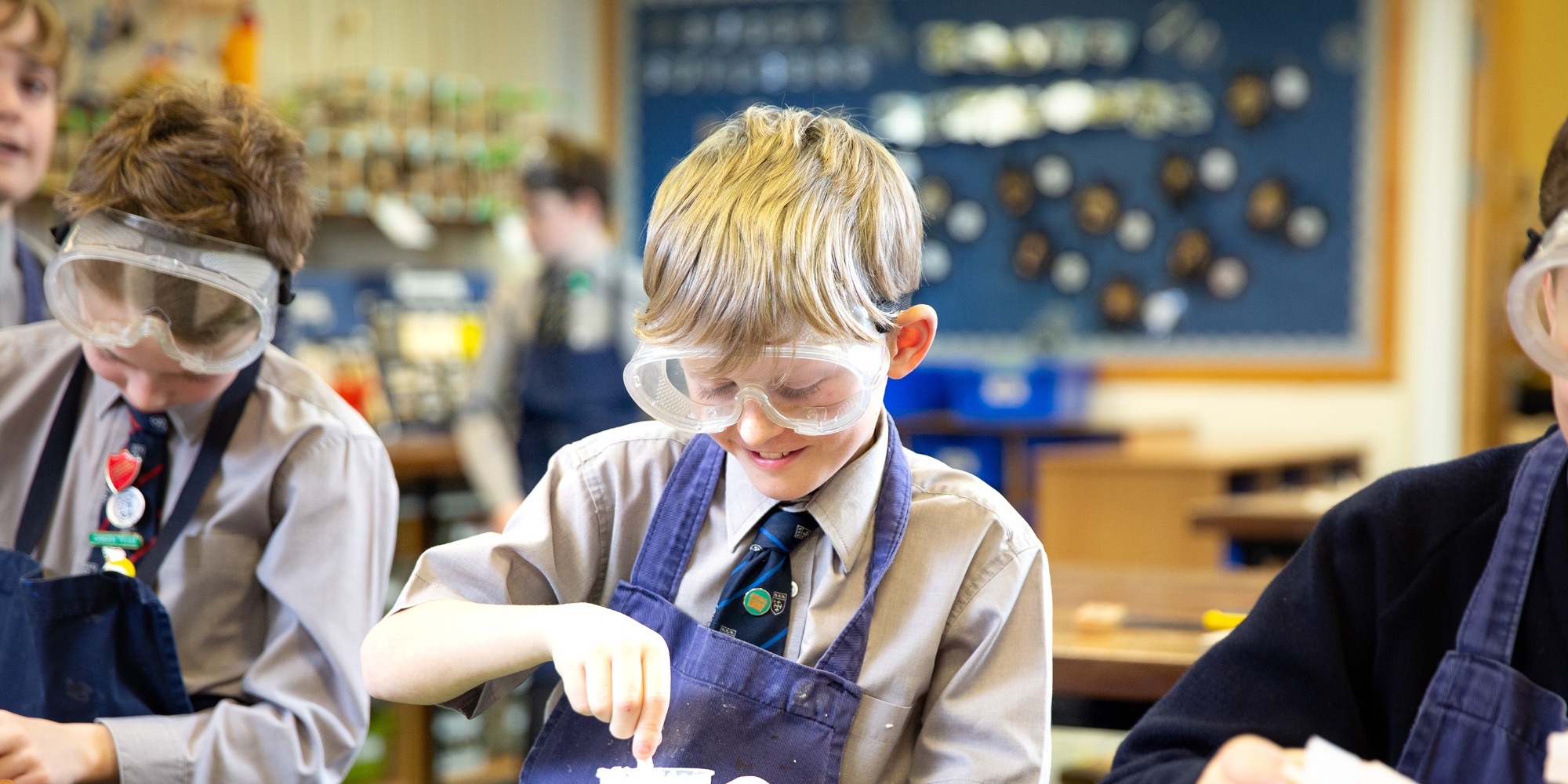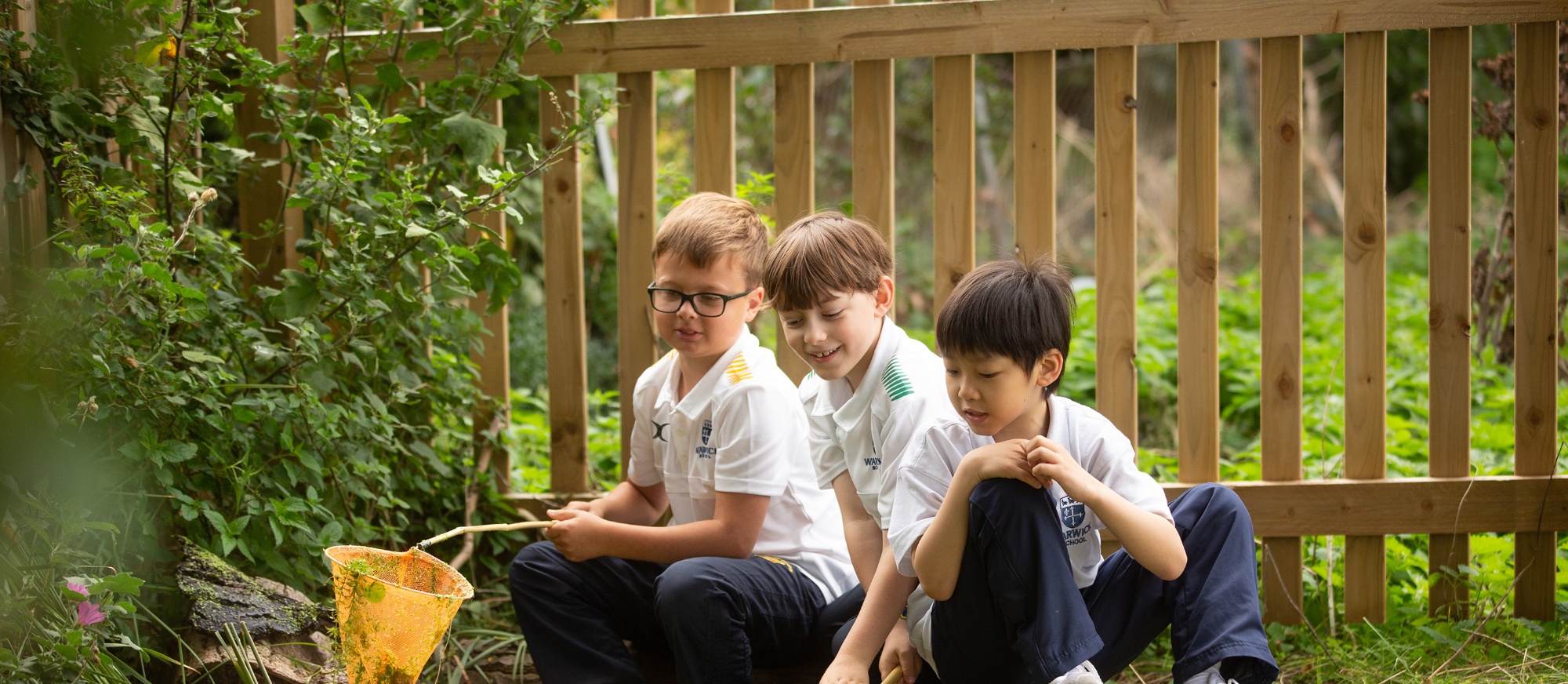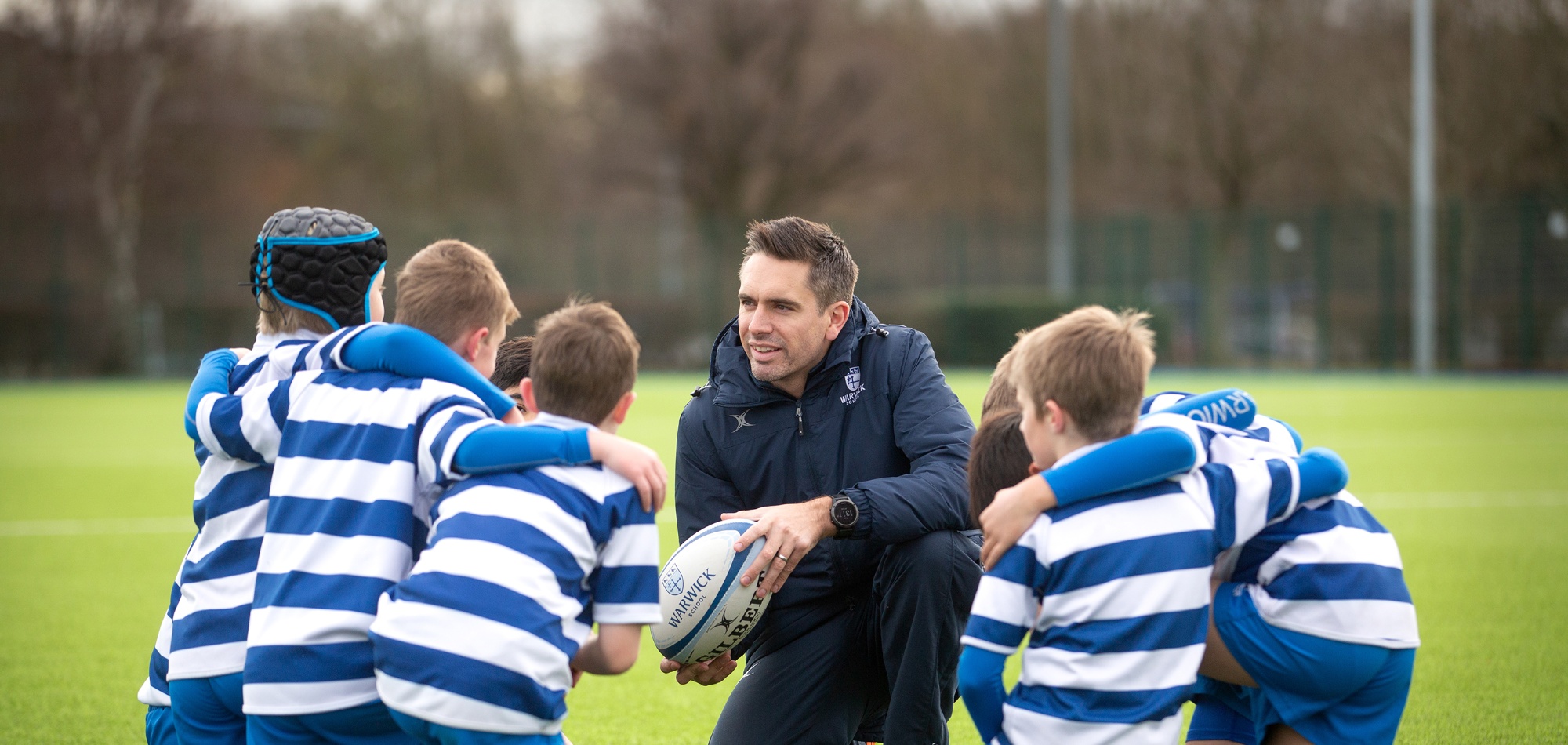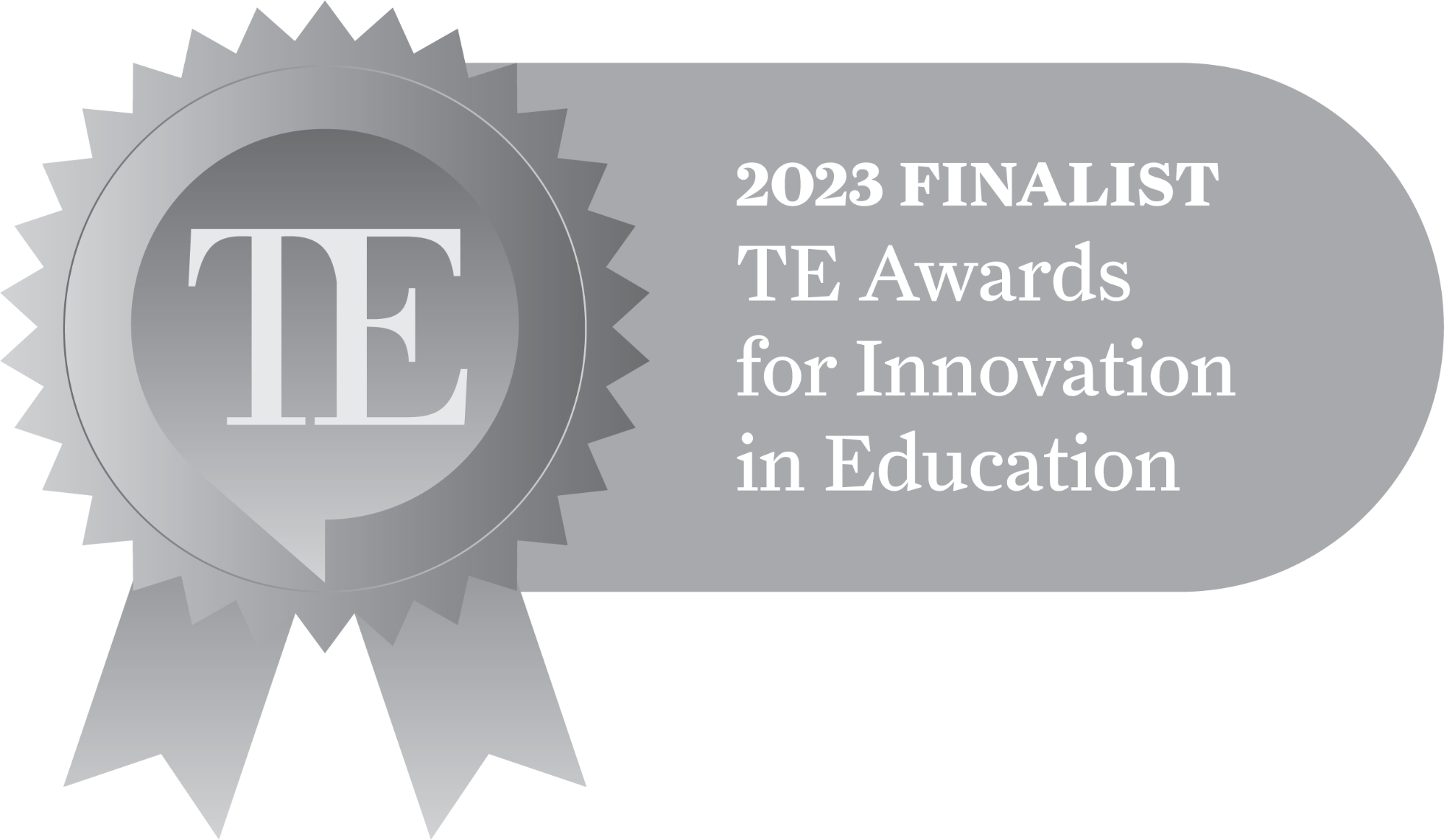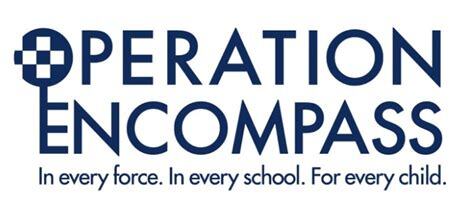The ‘Batman’ Effect and why Sport can teach you to be your ‘Heroic’ Best.
By Mr Burchett, Assistant Head and Director of Junior School Sport.
A 2016 study at the University of Minnesota, by Rachel White and her colleagues (including Angela Duckworth - famous for her work on “grit”), found that children who pretended to be Batman while they were doing a simple but important task were able to resist distraction and stay more focused.
When I read about this study, it got me thinking about its links to sport... I have to admit that this is sadly a common occurrence. It got me thinking specifically about being a young kid playing cricket in the back garden. I would play for hours bowling against a tree trunk imagining to be Dominic Cork (I loved his curved run up) and then I would bat, throwing the ball against the wall whilst trying master Michael Atherton’s defence (I would never have been picked up for the IPL). Would I have stayed out there for as long if I was not trying to emulate my heroes? Would I have shown such perseverance ‘grit’ if I had not pretended to be cricket’s version of Batman? I am sure as parents of sports-mad children, you have witnessed something similar. Probably not my dated idols, but the modern versions - Ben Stokes, Erling Haaland, Fin Smith, Lauren James, all dressed up in their social media clad capes.
These heroes have such an important role, and boys idolising them is essential. Not just for them to copy what they do on the pitch, but also what they do off it.
It could be Erling Haaland’s changing room manners, for example - as he, unlike the rest of the team who throw their dirty kit somewhere near the kit man’s bag, is seen carefully folding his playing shirt and putting it straight in the middle. This shows our young boys that it doesn’t matter how many Premiership goals you have scored, you are not too big to tidy your own area.
Or, it could be the empathy shown by Ben Stokes' leadership of the England cricket team, as he has gone out of his way to make Rehan Ahmed and Shoaib Bashir, two teenagers in the squad, feel comfortable praying in and around the changing room during the recent tour of India.
And yes, these heroes are allowed to make mistakes. Ben Stokes has had his problems and Marcus Rashford might currently be making some wrong decisions, but so has Superman and Batman, who wouldn’t be called the ‘Dark Knight’ if he didn’t sometimes play outside the law. They can also have a drop in form or get sent off in a big game, but as Michael Jordan (one of my personal heroes) says in his famous quote; “I failed over and over again in my life and THAT is why I succeed”.
You may be asking what all this has got to do with the sports provision at Warwick Junior School, I would argue everything. Firstly, we aim to provide the opportunity for every boy to put on their superhero mask (blue and white rugby shirts), imagine being their heroes and experience the highs and lows that sport offers. But that is the obvious and, in many ways, the most superficial thing!
By being able to put on their superhero mask before a game’s session, boys can develop their own alter ego - that quiet boy who, around school won't say ‘boo to a goose’, is marshalling the defensive line for his Rugby team, commanding his peers to get into position and clearing out that ruck. It also allows those boys who lack ‘grit’ in the classroom to put on his Superman Cape and practice free kicks until he can place it in the top corner like Trent Alexander-Arnold. That perseverance and visualisation skill will certainly help that boy when he is next in the classroom.
Superheroes all have their own superpower, and sport is a fantastic way of unearthing one’s own superpower. It may not be the ability to fly or turn into the Hulk... although both metaphorically would be entirely plausible on a games field. But, learning first-hand what sets you apart from the rest. I frequently ask the boys what is their superpower? I think it is an essential piece of self-reflection. 'What do I do best?', 'what is my strength?', then simply trying to give the boys the confidence to use it. A common example is speed: children can have natural (debate for another article) speed but have little or no experience of a sport and might get lost in the complexities of the rules or tactics. It is our job to simplify it for them, remind them of their ‘superpower’ and enjoy the success that it might bring. A child’s superpower does not have to be physical - it could be tactical, physiological, or emotional, all of which have their place in sports. It is also important to point out that not all superpowers are obvious, and lots take time to uncover.
The links go further still; out of the top 5 highest-grossing superhero films, four of them are ‘Avenger’ films. Now, there are obviously many reasons for this, but I believe one stands out above the rest. The Avengers are about being a ‘team’. Irrelevant of all their individual powers, it is the superheros' ability to come together and work as a team that enables them to save the day. This, for me, is one of the most significant skills - or should I say superpowers - that sport teaches children. It is a key reason why our major sports each term are team sports. Even swimming, cross-country and athletics, which can be viewed as very individual events, are celebrated as teams. But as the Avenger films highlight, becoming a team is not easy. Personalities clash, superpowers do not always align and some of the key skills required to make a team successful; communication; empathy; purpose; vision (to name a few) are really challenging for our young superheroes to understand. But that makes these early experiences even more important.
So, to conclude, do I think pretending to be Batman helps children develop ‘Grit’? Yes, but so does pretending to be Harry Kane or Jos Buttler! I also believe that the link between pretending to be a superhero and enjoying a lifelong participation in sport goes deeper still.
Therefore, as Spider-Man’s uncle put it... ‘with great power, comes great responsibility’.
I passionately believe that sport has that ‘power’, and I take it as my responsibility to run a PE and Games program that enables boys to primarily enjoy physical activity, whilst having as positive early experience of sport as humanly (or superhumanly) possible.

